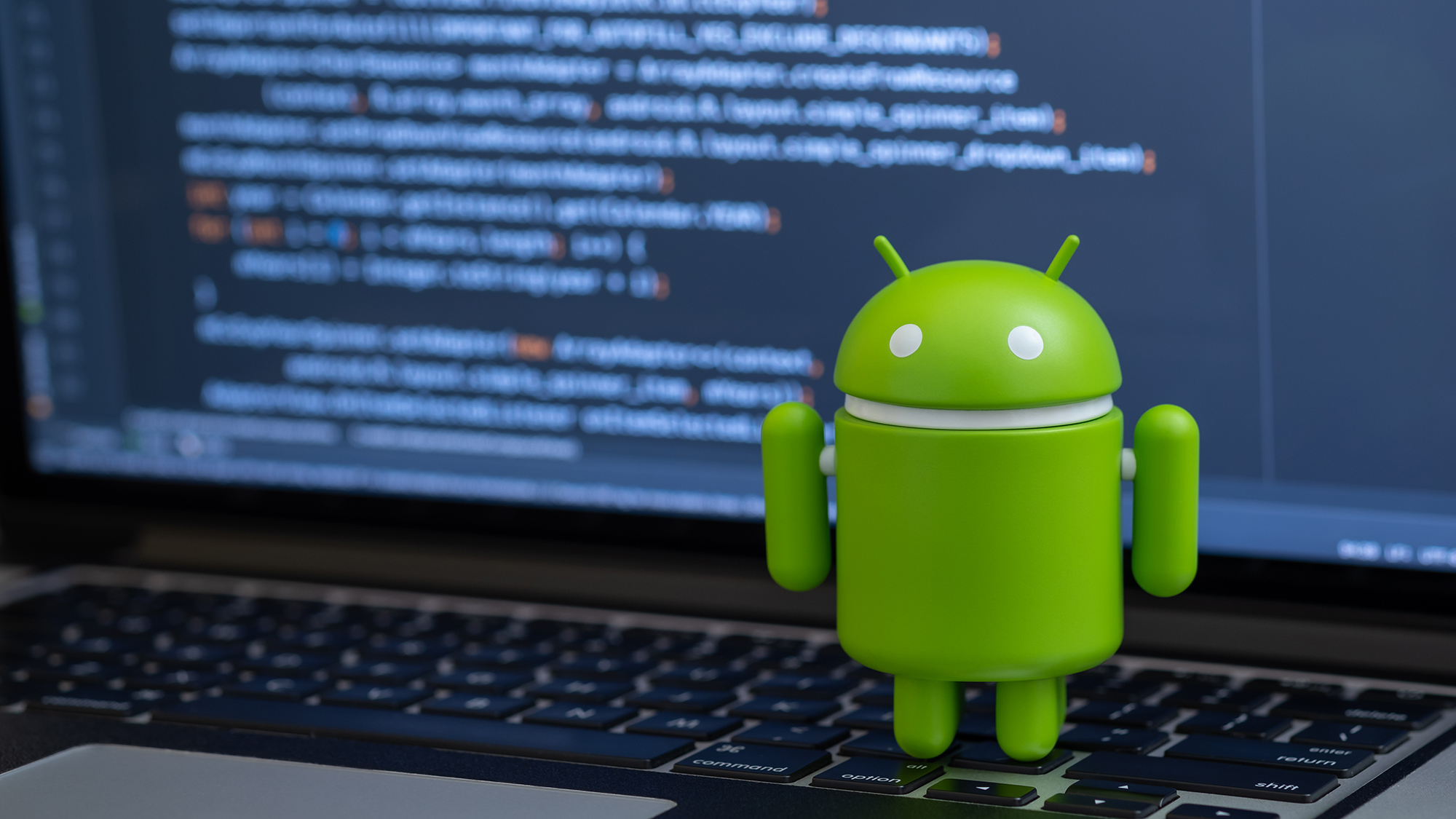Google releases Android 12 developer preview
With new restrictions introduced, Google warns developers to check apps for compatibility


Google has released the developer preview of its Android 12 operating system, which includes several new features for developers - along with some restrictions.
According to Google, the latest version of its mobile OS features changes in three key areas: security, user experience, and app compatibility. Many of these changes are developer-facing and won't be immediately apparent to users.
The operating system features changes to WebView, which is the component that underpins the Chrome web browser. Android 12 now includes several changes that Google has already made to Chrome, including new behaviors for SameSite cookies.
SameSite is a cookie attribute that determines whether it can be sent with requests from the same site or a third-party site. If the user doesn’t turn on SameSite, Android now recommends sending the cookie via a more secure HTTPS link. Developers will have to examine their apps to ensure they set cookies properly to support cross-site cookie dependencies.
Google has also expanded its access restriction on MAC address use, which are unique device identifiers that users can’t reset. Google already prohibited some application classes from accessing MAC address information in Android 11, but it’s extended that restriction to all apps in Android 12.
Android now also handles two things more strictly: intents, which are messages that app components can use to request actions from each other, and component export, which allows applications to make their components available to each other. Applications running in the background can also no longer run services that run in the foreground.
On the user-experience side, Google has improved the way it handles images and video by automatically transcoding from HEVC, an increasingly popular video format that offers better compression support and is more appropriate for 4K video, even for apps that don't natively support that format. Android 12 also supports the AV1 compression format.
Get the ITPro daily newsletter
Sign up today and you will receive a free copy of our Future Focus 2025 report - the leading guidance on AI, cybersecurity and other IT challenges as per 700+ senior executives
The Android 12 developer preview also features haptic-coupled audio, which lets developers control the phone's internal vibrator using custom sounds (think: custom vibrations for different ringtones, for example).
Users can also expect updates to the phone's notifications, smoother animations, and tightened its development framework that forces developers to use techniques that launch apps from notifications quicker.
Finally, Android 12 features some app compatibility changes, especially in application interfaces. Google continues to restrict interfaces not found in its official SDK, which means developers should check their apps to see if they need to change any API calls.
It’s also adding the Android Runtime Module (ART), making it easier for the company to push updates to the core operating system via its Google Play system update project, known as Project Mainline, which won't require a full system update.
The company has made developer images for Android 12 available but has dropped support for its Pixel 2 phones with this release. On the upside, developers get a preview for developing Android TV apps on the latest version of the platform.
Danny Bradbury has been a print journalist specialising in technology since 1989 and a freelance writer since 1994. He has written for national publications on both sides of the Atlantic and has won awards for his investigative cybersecurity journalism work and his arts and culture writing.
Danny writes about many different technology issues for audiences ranging from consumers through to software developers and CIOs. He also ghostwrites articles for many C-suite business executives in the technology sector and has worked as a presenter for multiple webinars and podcasts.
-
 Cleo attack victim list grows as Hertz confirms customer data stolen
Cleo attack victim list grows as Hertz confirms customer data stolenNews Hertz has confirmed it suffered a data breach as a result of the Cleo zero-day vulnerability in late 2024, with the car rental giant warning that customer data was stolen.
By Ross Kelly
-
 Lateral moves in tech: Why leaders should support employee mobility
Lateral moves in tech: Why leaders should support employee mobilityIn-depth Encouraging staff to switch roles can have long-term benefits for skills in the tech sector
By Keri Allan